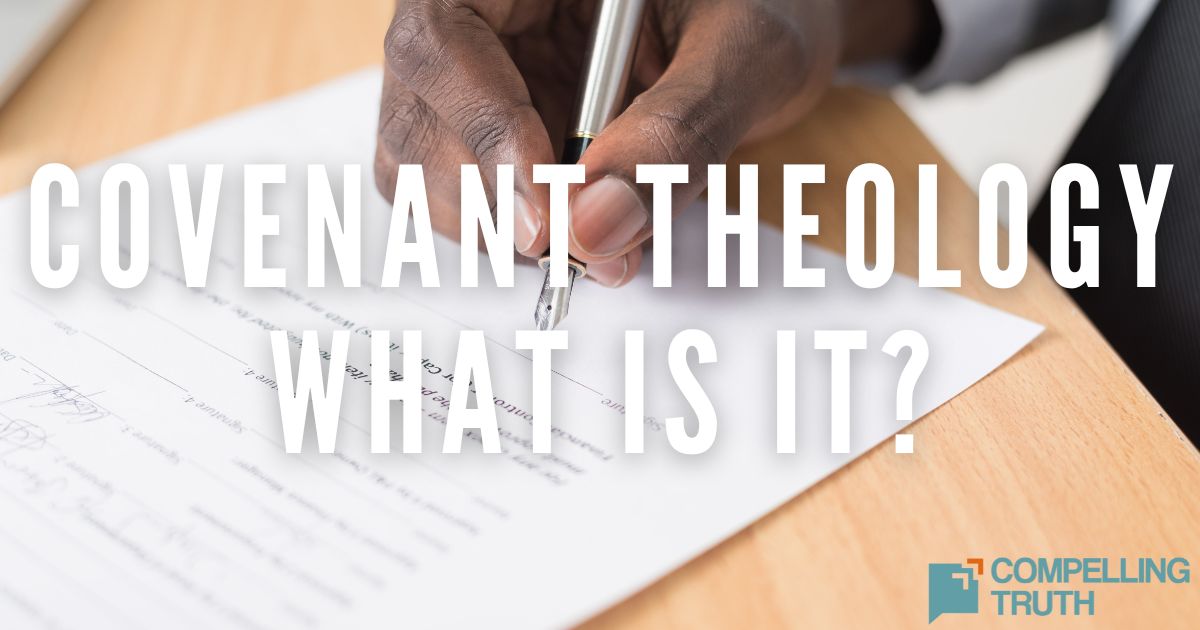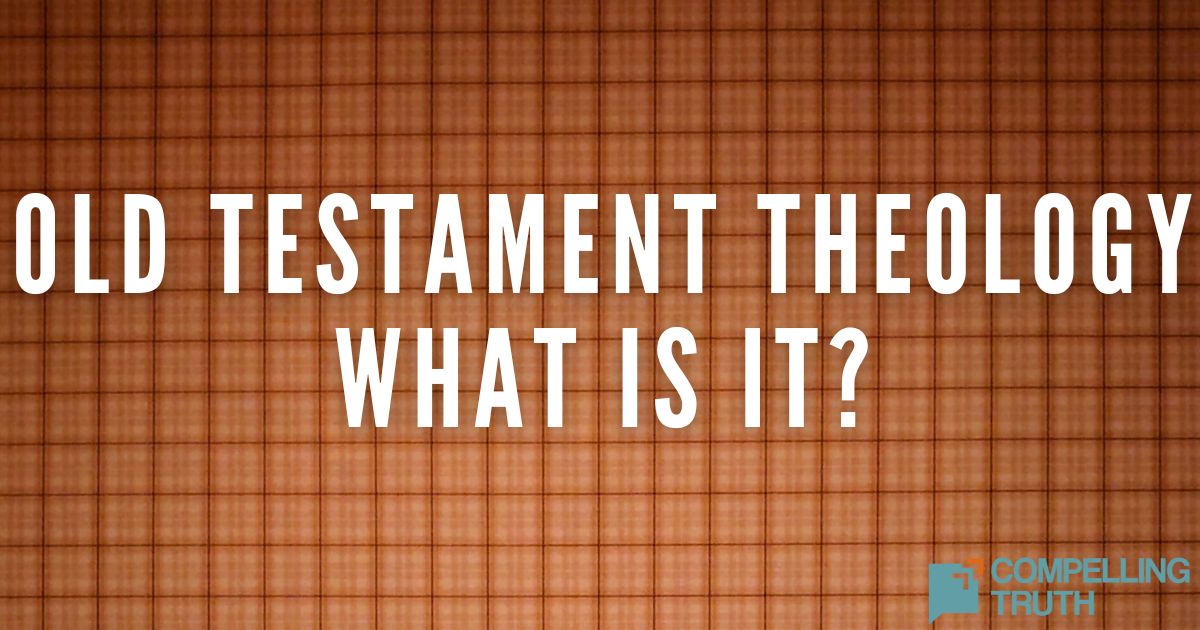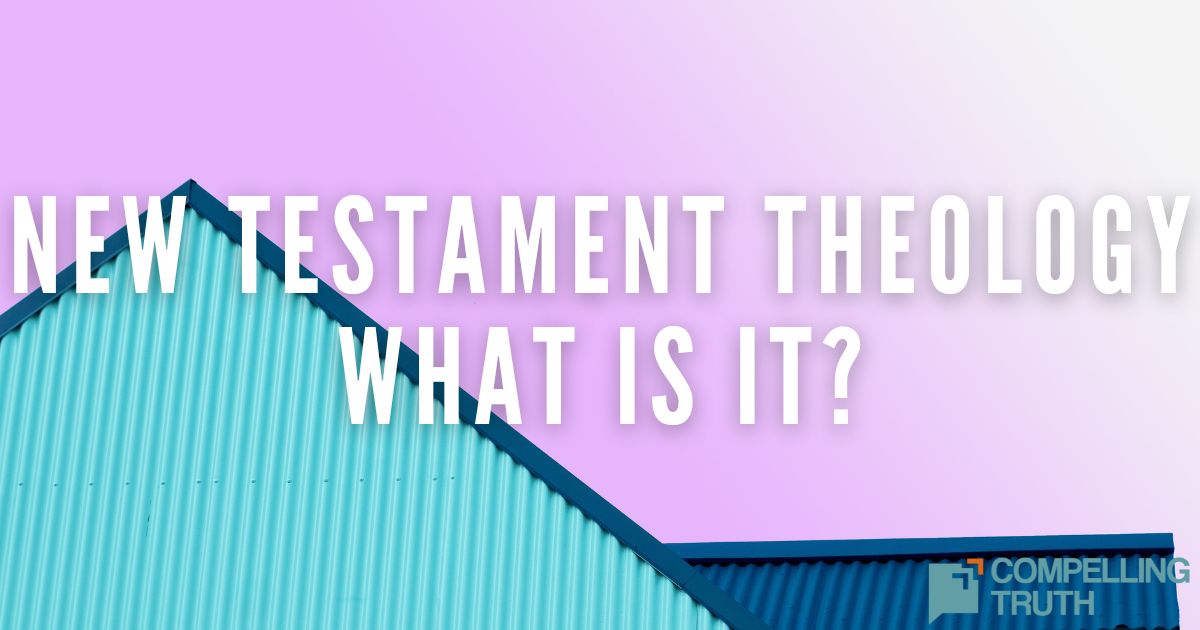New covenant theology is a grid through which some theologians view the Bible. It has commonalities with both dispensational theology and covenant theology.
Dispensational theology sees God relating with His creation differently in different time periods, or dispensations. Most dispensationalists hold to at least seven distinct dispensations, or seven distinct "ways of doing things" ordained by God. This theology sees God's relationship with people as progressing His plan to reveal more of Himself to people as time goes on. Once one dispensation has been replaced, the new dispensation supersedes the old.
Also foundational to dispensationalism is the way God deals with the Israelites and the Church. These theologians see a sharp distinction between Israel and the Church, and view the Church era as parenthetical to God's relationship with Israel. God will restore His relationship with Israel in the Millennium, they say.
Covenant theology divides God's relationship with people between a covenant of works and a covenant of grace. The specific covenants in the Bible are the outworking of these larger covenantal themes. Covenant theologians do not see a distinction between the Israelites and the Church, but see a continuous people of God with one destiny.
The theological view called new covenant theology is found between the two. This theology sees God's relationship with the Israelites and the Church in the same way covenant theology does—in that it is progressive and continuous. It differs from covenant theology, however, in that it sees the Bible through a promise/fulfillment paradigm, not a works/grace view.
The largest difference new covenant theology makes with covenant theology is in the matter of Mosaic law. Covenant theology breaks this law into civil, ceremonial, and moral parts. Jesus satisfied the requirements of each of these aspects of the Mosaic law. The moral law, though, they say, is representative of the covenant of works and transcends the Mosaic economy. God has always wanted holiness from humanity. Covenant theologians say that the covenant of works was not negated in the Fall nor negated when fulfilled by Jesus. Thus, while the civil and ceremonial aspects of the Mosaic law have been made obsolete, the moral law still applies. Covenant theologians say the moral standard set in the Old Testament, especially the Ten Commandments, should be the standard for Christians.
New covenant theologians see the Mosaic law as a whole and see it as fulfilled in Christ. Since they see the Mosaic Law as a whole and not as three distinct parts, new covenant theologians believe it has all been rendered obsolete in Christ. It has now been replaced with the law of Christ. "To those outside the law I became as one outside the law (not being outside the law of God but under the law of Christ) that I might win those outside the law" (1 Corinthians 9:21). This law is made up of the commands of Jesus recorded in the Gospels.
Dispensational theology sees God relating with His creation differently in different time periods, or dispensations. Most dispensationalists hold to at least seven distinct dispensations, or seven distinct "ways of doing things" ordained by God. This theology sees God's relationship with people as progressing His plan to reveal more of Himself to people as time goes on. Once one dispensation has been replaced, the new dispensation supersedes the old.
Also foundational to dispensationalism is the way God deals with the Israelites and the Church. These theologians see a sharp distinction between Israel and the Church, and view the Church era as parenthetical to God's relationship with Israel. God will restore His relationship with Israel in the Millennium, they say.
Covenant theology divides God's relationship with people between a covenant of works and a covenant of grace. The specific covenants in the Bible are the outworking of these larger covenantal themes. Covenant theologians do not see a distinction between the Israelites and the Church, but see a continuous people of God with one destiny.
The theological view called new covenant theology is found between the two. This theology sees God's relationship with the Israelites and the Church in the same way covenant theology does—in that it is progressive and continuous. It differs from covenant theology, however, in that it sees the Bible through a promise/fulfillment paradigm, not a works/grace view.
The largest difference new covenant theology makes with covenant theology is in the matter of Mosaic law. Covenant theology breaks this law into civil, ceremonial, and moral parts. Jesus satisfied the requirements of each of these aspects of the Mosaic law. The moral law, though, they say, is representative of the covenant of works and transcends the Mosaic economy. God has always wanted holiness from humanity. Covenant theologians say that the covenant of works was not negated in the Fall nor negated when fulfilled by Jesus. Thus, while the civil and ceremonial aspects of the Mosaic law have been made obsolete, the moral law still applies. Covenant theologians say the moral standard set in the Old Testament, especially the Ten Commandments, should be the standard for Christians.
New covenant theologians see the Mosaic law as a whole and see it as fulfilled in Christ. Since they see the Mosaic Law as a whole and not as three distinct parts, new covenant theologians believe it has all been rendered obsolete in Christ. It has now been replaced with the law of Christ. "To those outside the law I became as one outside the law (not being outside the law of God but under the law of Christ) that I might win those outside the law" (1 Corinthians 9:21). This law is made up of the commands of Jesus recorded in the Gospels.



